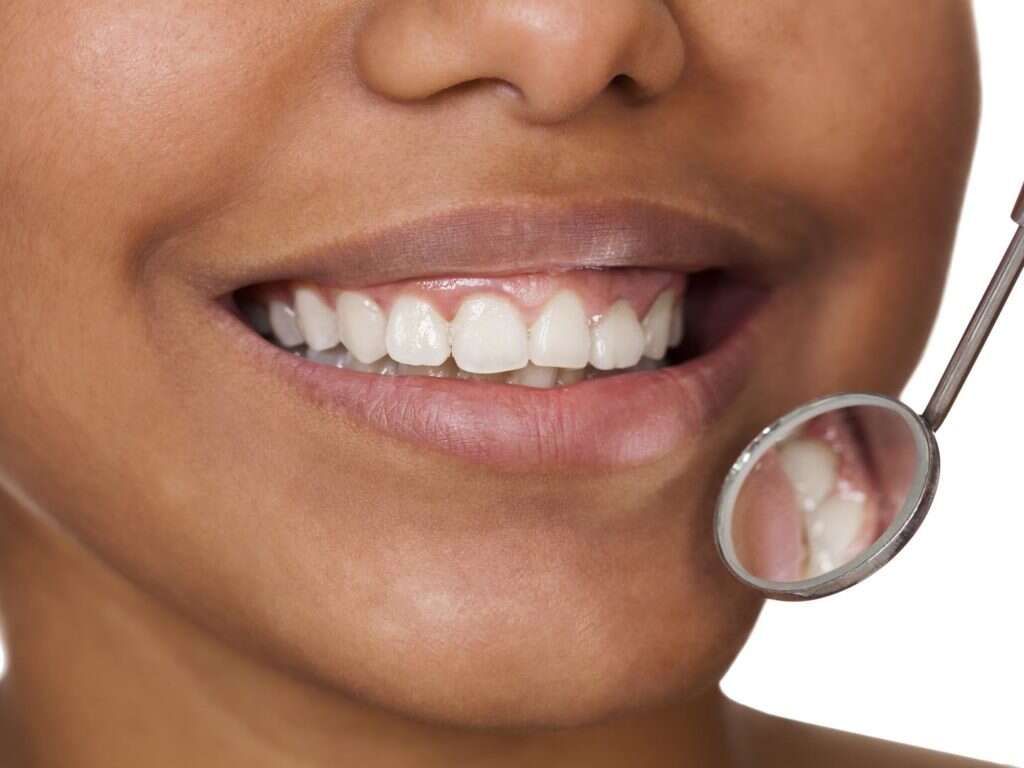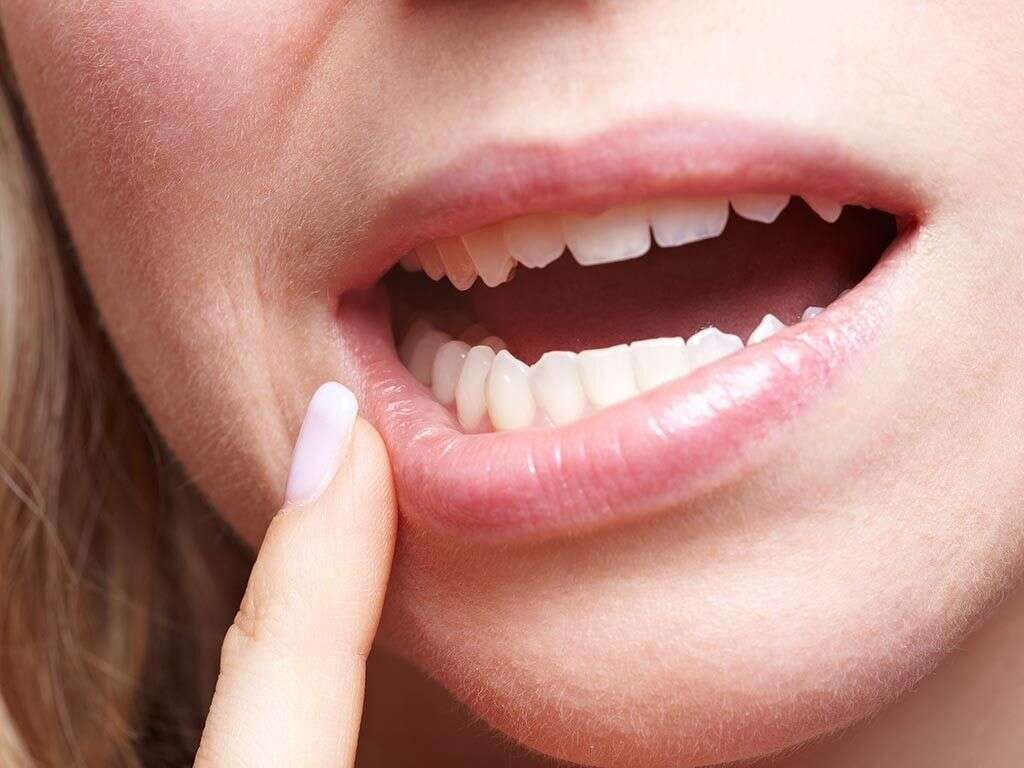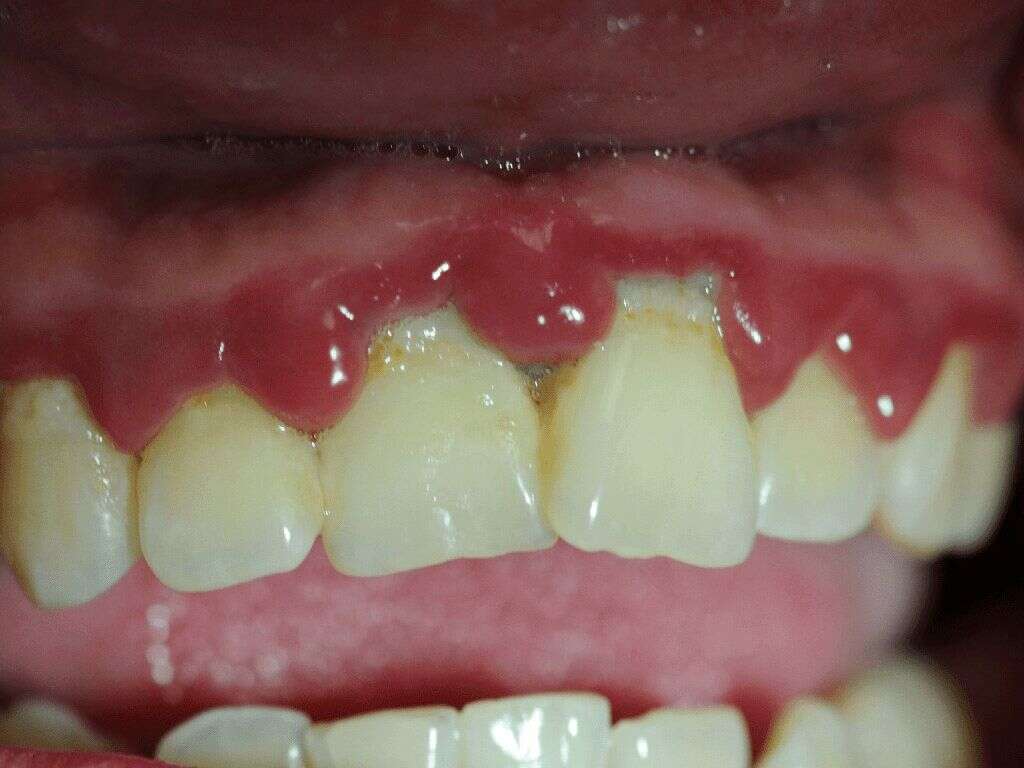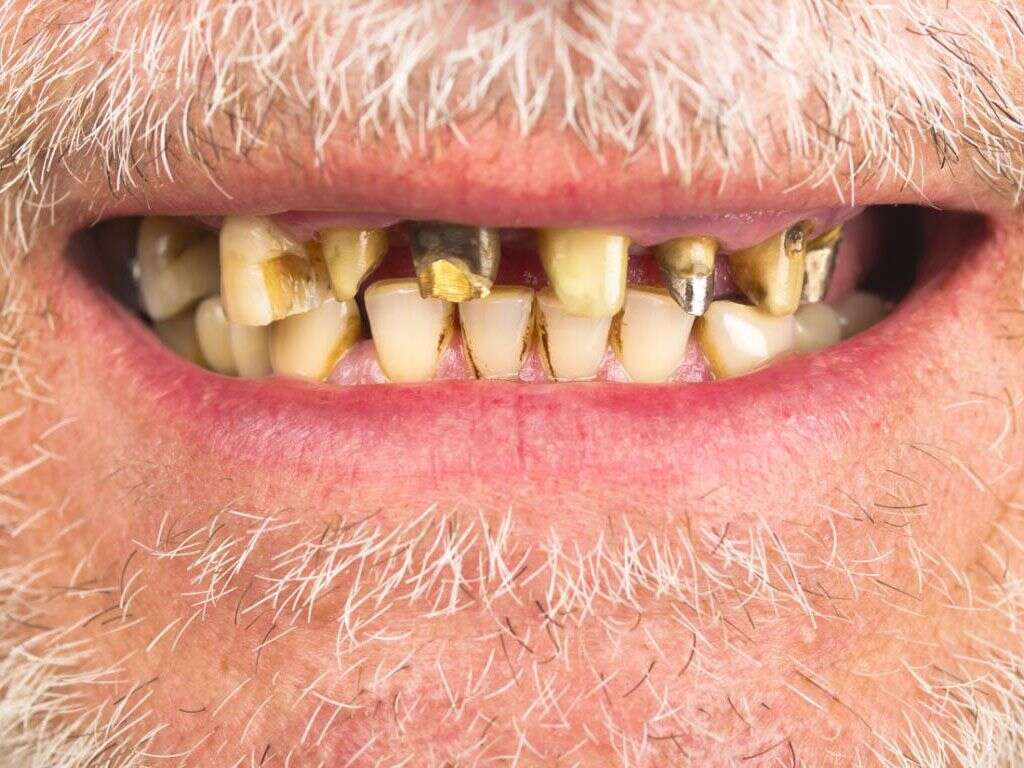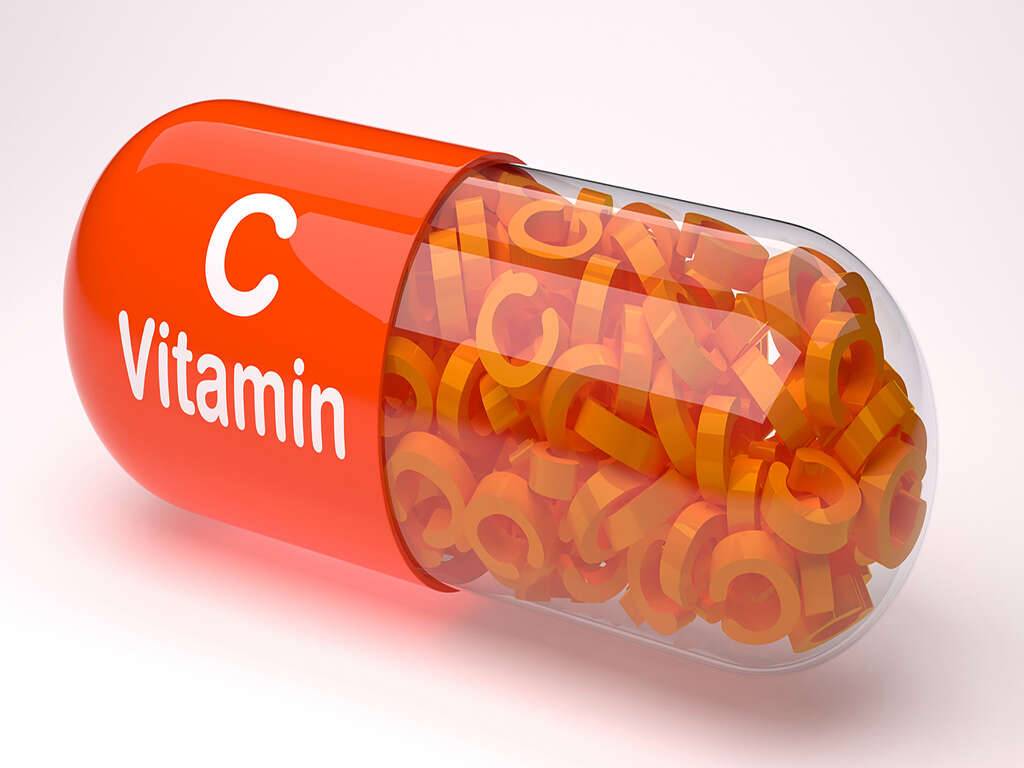What Is Gum Disease?
From a young age we are told that it is important to brush and floss regularly. This is important for a wide range of reasons, one of which is that it helps to ensure clean looking teeth and fresh breath. Good oral hygiene is also important because it helps to prevent potentially serious complications from occurring.
Gum disease is a condition that starts off very mild but can develop into something more significant if it is not treated. The good news is that when gum disease is detected it can usually be treated relatively easily. Even though it is not usually serious, it is still a good idea to get it treated regardless.
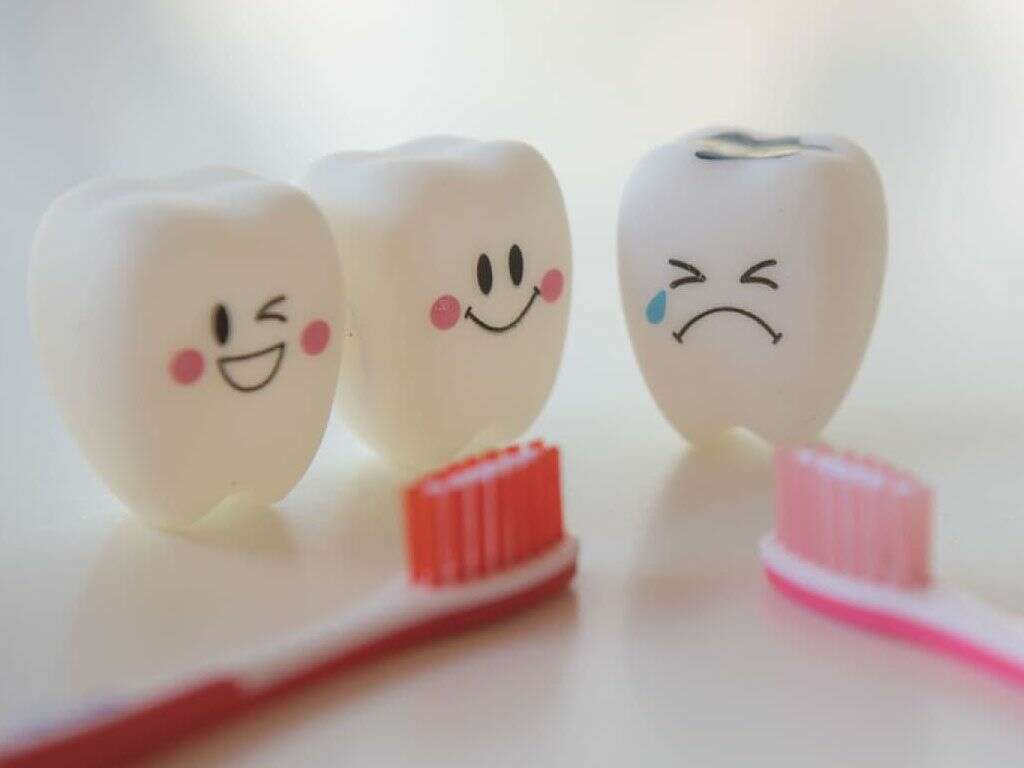
1. The Gums
The gums are the pink tissue in our mouths that covers the bottom part of our teeth, and it performs some important roles in the body. Our gums help to keep our teeth in place, and they also help to form a protective seal that helps to keep pathogens away from where they can do harm.
As with all other parts of the body, it is a good idea that we do what we can to take care of our gums. This mostly means keeping high dental hygiene standards with regular brushing and flossing. If we don’t then there is an increased chance of gum disease developing.
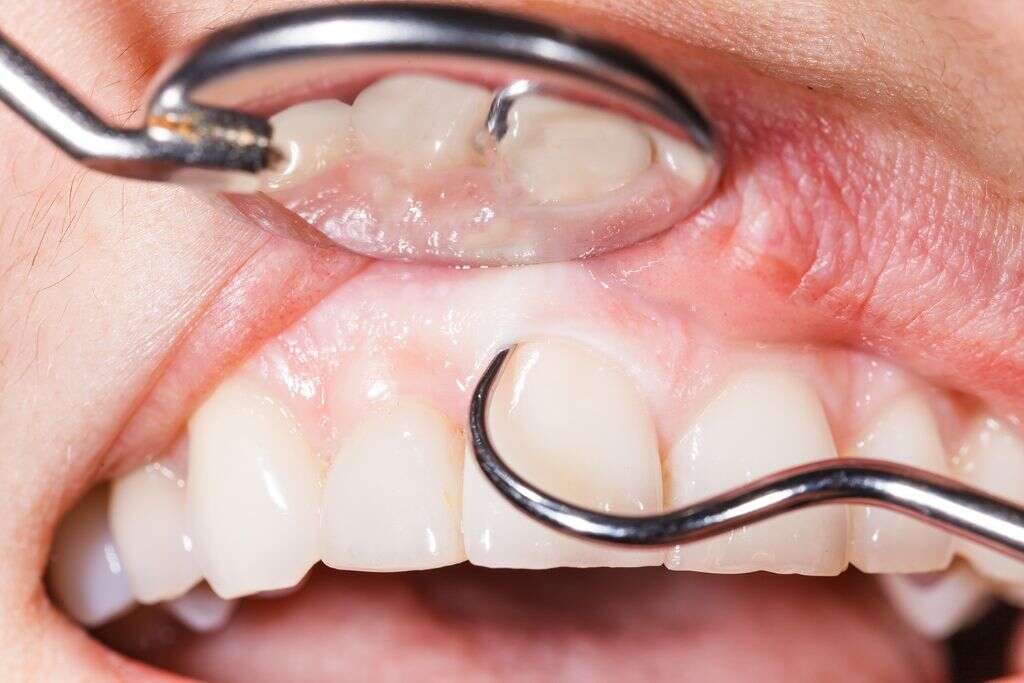
2. Common
Gum disease is actually a very common condition and most adults will already have it, including those in developed nations. While good dental hygiene will help to prevent it, even those with the best dental practices are not completely safe. While it is common in adults, it is not so common in children, partly because it takes a long time for the causes of gum disease to take effect.
The symptoms of gum disease are often quite mild, at least in its early stages, so many people will not be aware they have it. It can develop into something considerably worse, though, so it should not be taken too lightly.

3. Gingivitis
Gum disease can be broken down into two main stages, the first of which is known as gingivitis. Most adult people will have gingivitis to a degree, and the symptoms can be so mild that the patient will barely notice them at all.
Gingivitis can develop into the next stage, however, which is more serious, so it is something that should be addressed sooner rather than later. One of the main signs of gingivitis is seeing blood when you are brushing your teeth. In addition, the patient will often find that they have bad breath that they struggle to deal with at times.
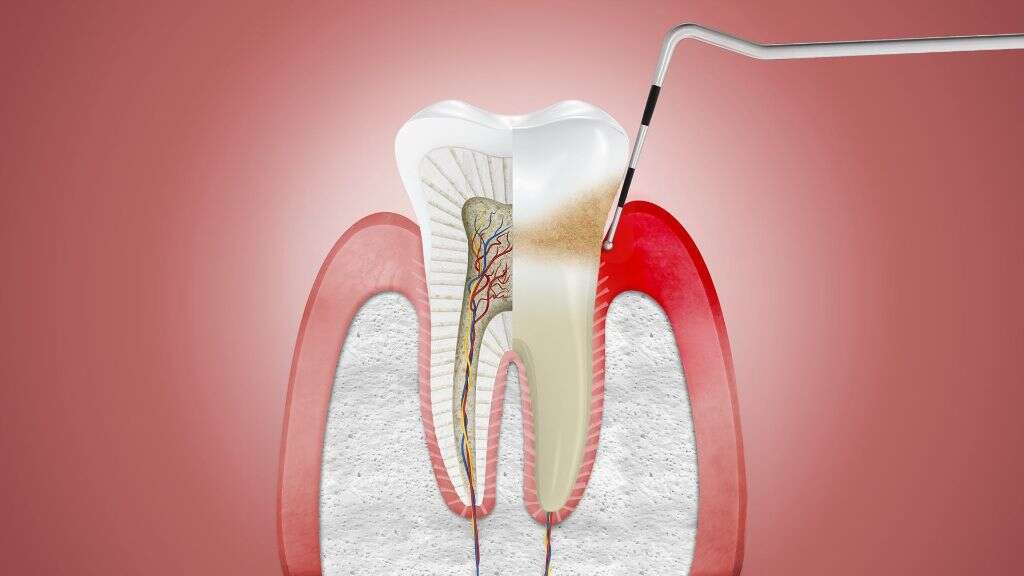
4. Periodontitis
The next stage of gum disease is periodontitis and, as mentioned, this can be somewhat more serious than gingivitis is. This affects not only the gums but also the tissues that help to keep the teeth in place. Periodontitis itself can be broken down into 3 main categories: Early periodontal disease, moderate periodontal disease, and advanced periodontal disease.
Early periodontal disease is again a fairly common condition, although it is at this stage that many people start taking notice and taking action. It is during moderate periodontitis that many patients begin to experience pain, often prompting them to take immediate action.

5. Plaque
The main cause of gum disease is plaque. This is a sticky substance that builds up on the teeth and contains a high number of bacteria. If plaque is not removed by brushing and other methods such as flossing then it can begin to irritate the patient’s gums.
This irritation can eventually become gingivitis, so it is a good idea to try and keep plaque to a minimum in your mouth wherever possible. This is mainly achieved with brushing and flossing, while visits to the dentist will also help to prevent plaque buildup and remove existing plaque with thorough cleaning.

6. Other Causes
While plaque buildup is a very common cause of gum disease, it is not the only cause. Some people will have certain medical conditions that can also cause the disease. One of these is diseases like HIV that weaken the patient’s immune system. Hormonal changes caused by menstruation and pregnancy can also leave some women more likely to develop gum disease.
Some medications can also increase a patient’s risk of gum disease, particularly those that decrease the production of saliva. People that choose certain lifestyle habits like smoking also place themselves at greater risk than others because smoking hinders the body’s healing abilities.
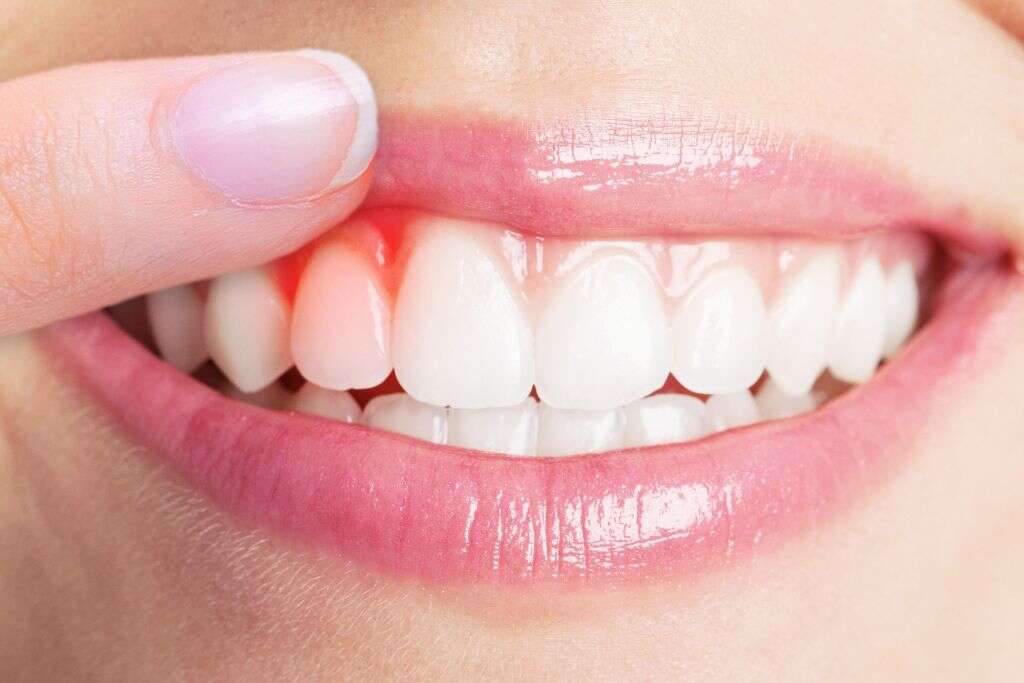
7. Tooth Decay
When gum disease is present, tooth decay is often also present. This because the factors that contribute to gum disease can also contribute to tooth decay. The main cause of tooth decay is tartar, which is a scaly substance that can build up on the teeth if they are not cleaned sufficiently well.
Bacteria in tartar release chemicals and these chemicals are corrosive to teeth enamel. Over time, the enamel will gradually be eroded away until the enamel is gone, exposing the soft center inside. This can lead to cavities that can harbor bacteria, and this can result in tooth infections and other serious problems.

8. Prevention
Gum disease is like pretty much every other disease in that the best way to treat it is to prevent it from happening in the first place. This can be achieved through regular brushing and flossing and, although this is not 100% effective, it can still decrease your chances of getting gum disease significantly.
Even people that do take good care of their teeth cannot completely remove plaque and tartar. This makes it a good idea to make regular visits to your dentist so they can give a more thorough cleaning. This also gives your dentist an opportunity to spot problems early on, and this helps to prevent conditions from getting too serious.

9. Dentist Visits
It is generally advised that you visit your dentist twice a year for check-ups, in addition to keeping your teeth in good shape at home yourself. If at any point you do have a problem that needs attention then you should make an appointment straight away, regardless of any check-ups you might have scheduled.
Reasons to make an appointment include gums that are bleeding, painful, or swollen. You should also make an appointment as soon as you can if you have a toothache. Even a mild toothache is likely into something more severe, and it can mean an infection which will present a threat to your health overall.

10. Complications
It might be easy to overlook gum disease, especially when it is in its early stages, but it is a very good idea to have it treated. If left untreated then it can result in some very unwelcome symptoms, some of which can even be dangerous.
Advanced peritonitis means considerable damage to the tissues holding the teeth in place. This means that teeth can become lose and even fall out. The gums can also recede. Some patients will experience abscesses which can be very painful. Such infections can also get into the bloodstream, potentially posing a real threat to the patient.




